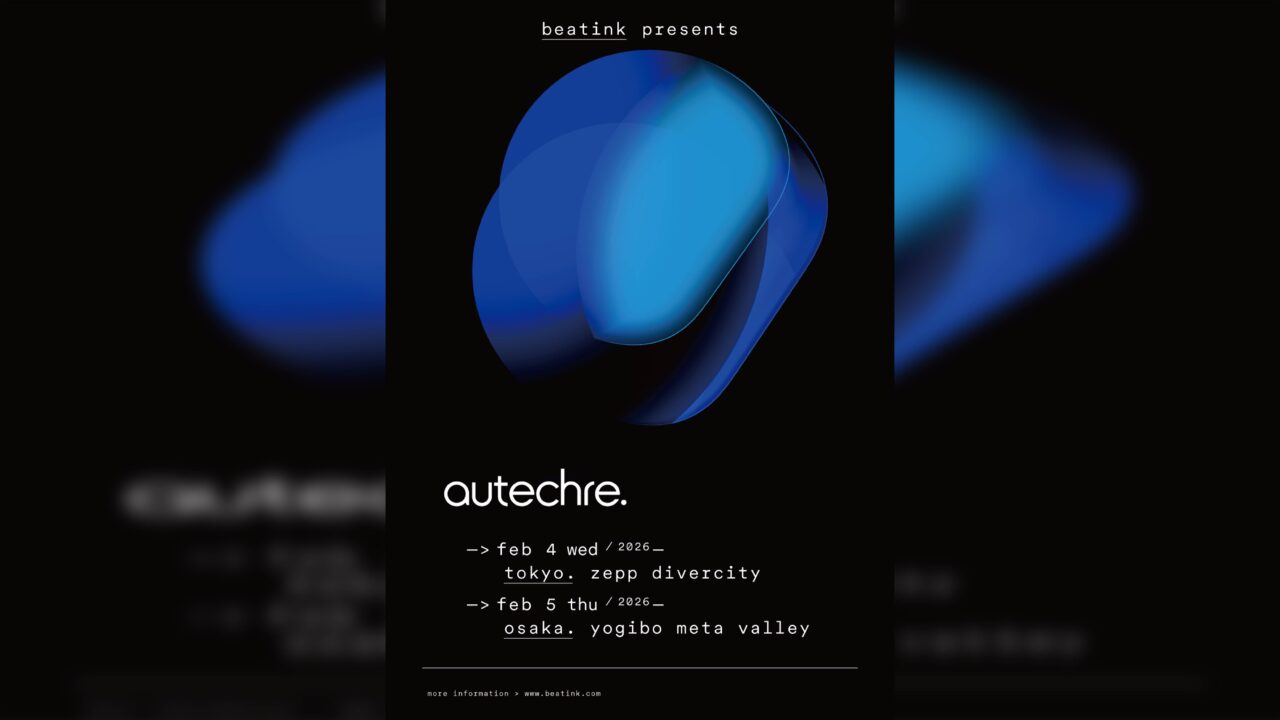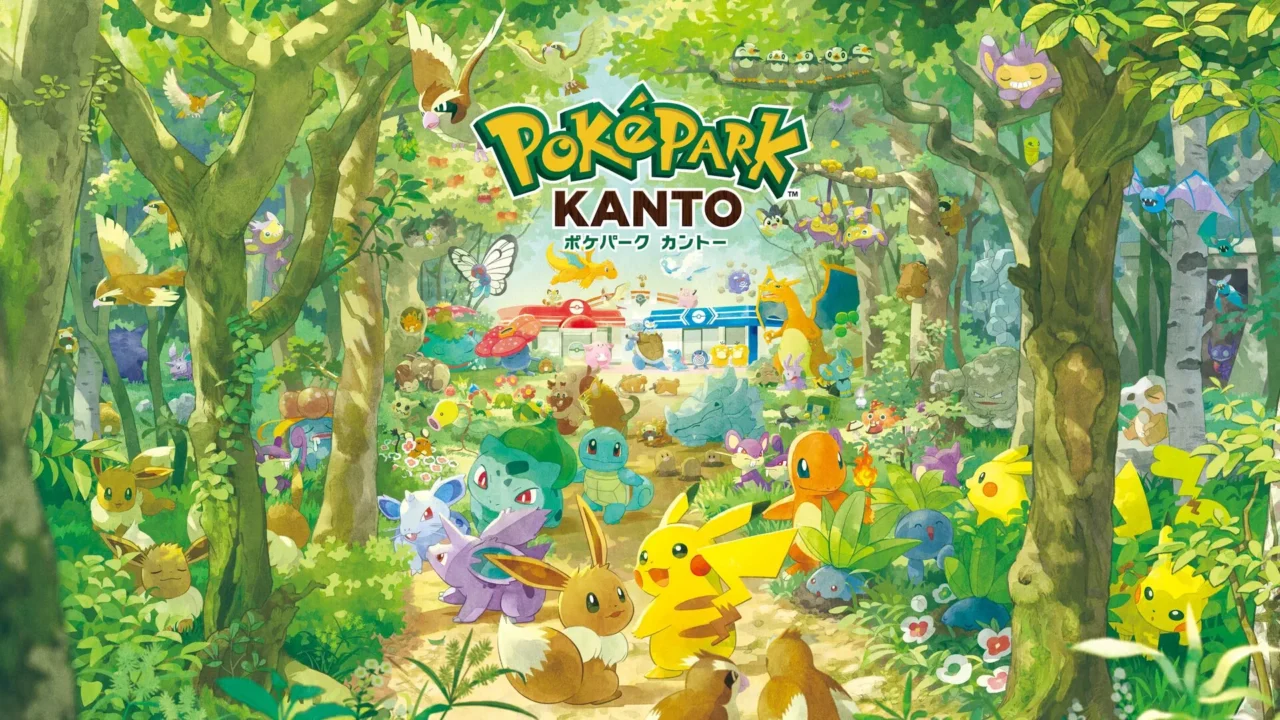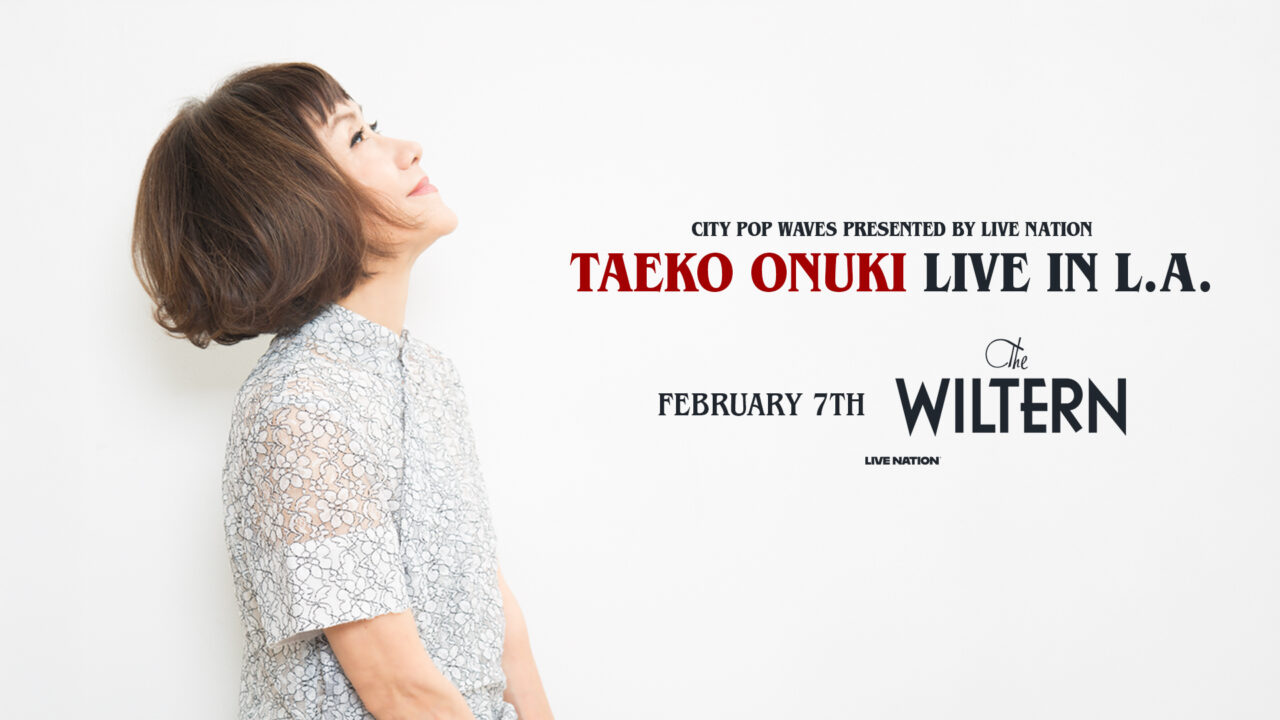INDEX
Sokabe: “Monetary rewards will follow later. Prioritize assessing the inherent interest or appeal of the activity“
-By the way, has the number of staff members changed little by little since the label was launched?
Sogabe: Basically, from the second year, we have Mr. Mizukami and Mr. Rota, who are still working with us, and there are usually three of us plus one other person helping us.
-Didn’t you ever think of adding more people to the team?
Sokabe: We are just now (laughs). Mr. Mizukami was originally a part-time mail-order worker. But now he does most of the work, including accounting, management, booking, billing, touring, and merchandising. And Rota is in Tokyo, scheduling releases, doing sales and publicity, and dealing with TuneCore Japan (*), the digital distributor, and everything else. In addition, we have to distribute the royalties, so the calculation is done by just the two of us, and recently we have been talking about how that might not be possible. We have talked about the possibility of having another person who can work hard on site. We have tried several times to recruit employees, but it has been difficult. Even if a young person joins the company and says, “I like Mr. Sogabe’s music,” he or she may not be what he or she imagined.
TuneCore Japan is the Japanese version of the American music distribution service, TuneCore, which allows anyone to distribute their music to over 55 streaming platforms in 185 countries worldwide. The service was launched in Japan in October 2012.

-Did you ever have a crisis like the one that kept the label going?
Sokabe: In terms of money, there were a few times. When I said, “Give the staff a bonus,” I was told, “We have no money in the bank right now,” and I was in a hurry (laughs).
– “DANCE TO YOU” (2016), which was a major turning point for Sunny Day Service, was a work in which you had to abandon the finished album at the last minute and remake it all over again by yourself. I thought it must have been very hard work indeed (laughs).
Sokabe: We ran out of money at that time. But I also learned that it is possible to make an album with this little money. For “Dance to You,” we used a regular recording studio at first. A regular studio costs about 150,000 yen for lockout, plus the engineer’s fee, so just one day in a studio costs about 200,000 yen. After doing that for a long time, I decided to get rid of it, so I had no more money at all.
I ended up going to a practice studio with my Mac, setting up the microphone, recording, and doing the mixdown all by myself, but I think I was able to make a good product. I had to do it because money was tight, but I think it turned out to be a successful product.

-I felt it was an amazing work that had to be made in such a way. When Sunny Day restarted and the first album was released, you were still not that active, but “DANCE TO YOU” became an album that succeeded in presenting Sunny Day as a “current band” once again, didn’t it?
Sokabe:I didn’t want people to think of us as a “reunion band that only made a few albums.” If we were serious about Sunny Day, I felt strongly that we had to put out something that said “Sunny Day Service is still here and active.
On the other hand, I don’t really care about money. For example, when I am asked to produce a show, I always say, “I can do it even if I don’t need money. I just want to do interesting work, so it doesn’t matter if I don’t get paid. As an artist, if you are doing something interesting, people will pay you for your work, so before you think about how to secure money, you just have to be able to say, “This guy is interesting. I always think that the money will come later.

























